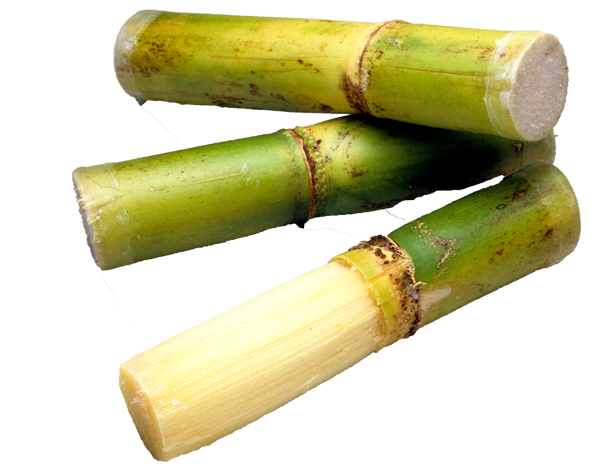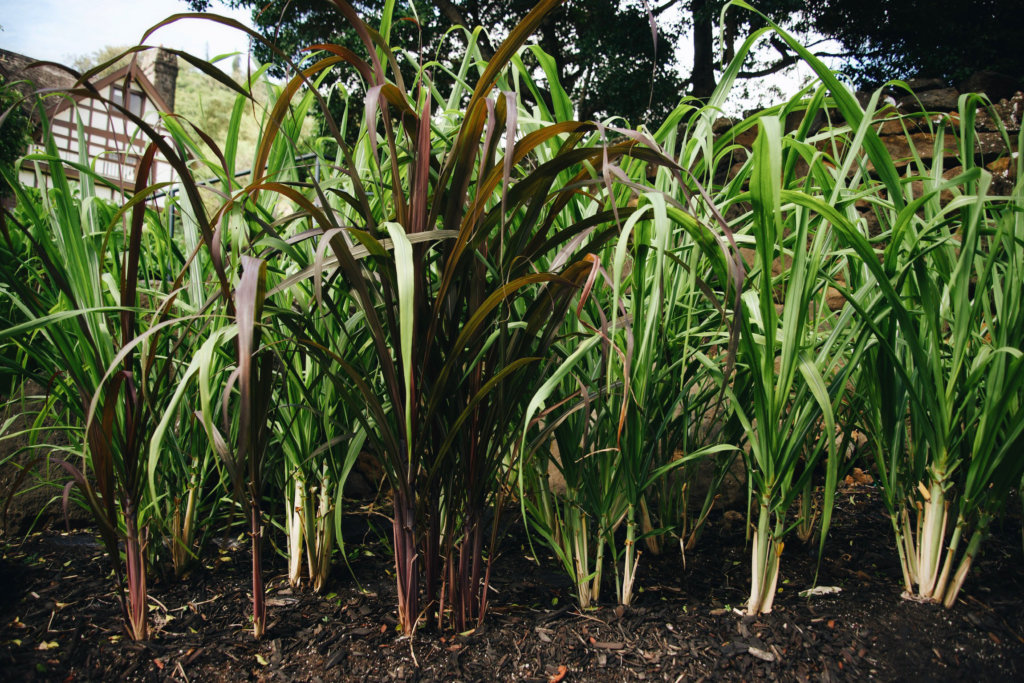Why Walking Cane Sugar Handling Chemicals Are Crucial for Modern Sugar Refining
The function of walking stick sugar handling chemicals in modern-day sugar refining can not be overstated, as they are indispensable to improving both the efficiency of extraction and the overall high quality of the final product. Representatives such as phosphoric acid and certain flocculants are utilized to remove pollutants, resulting in sugar that not just satisfies consumer assumptions however additionally adheres to market standards.
Function of Processing Chemicals
The efficiency of cane sugar processing pivots considerably on the critical application of processing chemicals. These chemicals play a critical duty in boosting the efficiency and high quality of sugar removal and refining. From the initial phases of juice removal to the final purification steps, handling chemicals assist in various crucial operations.
In the removal stage, chemicals such as phosphoric acid and calcium hydroxide are utilized to enhance the explanation procedure, aiding to get rid of contaminations and put on hold solids from the cane juice. This not only boosts the return but additionally ensures the clearness of the end product. In addition, agents like flocculants aid in the quick settling of impurities, thus simplifying the overall process.
As the processing developments, chemicals are utilized in decolorization and crystallization phases. Triggered carbon and ion exchange materials offer to get rid of color and odor, ensuring that the polished sugar fulfills customer quality criteria. Ultimately, the function of processing chemicals expands beyond functional efficiency; they significantly influence the sensory qualities of the end product, adding to market competition. Therefore, the meticulous selection and application of these chemicals are essential for attaining optimum results in walking cane sugar processing.
Trick Kinds of Chemicals
Cane sugar handling depends on a selection of key chemicals that facilitate each stage of production. These chemicals play essential roles in clarifying, whitening, and purifying the sugar extracted from cane.
One primary category of chemicals includes flocculants, such as polyacrylamide, which help in the clarification procedure by promoting the aggregation and settling of impurities. Additionally, calcium hydroxide is typically employed to counteract level of acidity and aid in the elimination of non-sugar parts.
Lightening agents, such as activated carbon and sulfur dioxide, are used to decolorize the syrup, resulting in a more clear end product. These chemicals help eliminate color substances that may affect the sugar's appearance and marketability.
In addition, phosphoric acid acts as a pH regulator during the handling stages, ensuring optimal conditions for the enzymatic activities associated with sugar removal and purification.
Other crucial agents consist of edta (ethylenediaminetetraacetic acid), which chelates steel ions that might militarize unwanted responses, and salt hydroxide, which assists in pH control throughout the refining process. Collectively, these chemicals enhance efficiency and make sure a top quality cane sugar product.
Benefits for Sugar Quality
Typically ignored, the use of particular handling chemicals considerably improves the overall quality of walking cane sugar. These chemicals play a critical duty in refining procedures, ensuring that the final product fulfills stringent industry criteria for pureness and preference.

In addition, processing chemicals help in achieving a consistent granulation and structure, which are essential for consumer approval. By managing the crystallization procedure, these chemicals guarantee that the sugar crystals develop consistently, resulting in a more attractive product that dissolves well in numerous applications.
Additionally, the use of these chemicals can improve the shelf life of cane sugar by decreasing dampness absorption and microbial development. In general, the critical application of processing chemicals is important for supplying premium cane sugar that fulfills consumer assumptions and market demands.
Environmental Effect Considerations

Moreover, the energy-intensive nature of sugar refining, intensified by chemical use, commonly results in enhanced carbon discharges. This adds to environment modification and elevates concerns concerning the sustainability of existing refining techniques. Additionally, the sourcing of these chemicals may include techniques that intimidate biodiversity, such as monoculture farming, which decreases the strength of agricultural ecosystems.

To alleviate these effects, sugar refiners are increasingly discovering lasting options and taking on finest techniques that reduce chemical use. Carrying out extensive environmental administration systems can assist ensure that the refining procedure straightens with environmental criteria and advertises biodiversity. Inevitably, a well balanced method that prioritizes both sugar high quality and environmental stewardship is vital for the long-lasting viability of the sugar industry.
Future Patterns in Refining
As the sugar sector faces the ecological challenges connected with conventional refining approaches, ingenious methods are emerging to enhance both effectiveness and sustainability. One substantial pattern is the fostering of environment-friendly chemistry principles, which prioritize making use of safe, biodegradable processing chemicals. This shift not just lessens ecological effect however also addresses customer demand for cleaner production methods.
Another appealing advancement is the execution of advanced purification technologies, such as membrane layer separation and adsorption procedures. These methods boost the clearness and quality of the sugar while decreasing the volume of wastewater created throughout refining. In addition, the integration of electronic technologies, why not find out more including IoT and AI, is changing functional efficiency by enabling real-time tracking and anticipating maintenance, thus reducing resource waste.
Moreover, using spin-offs from sugar refining, such as bagasse and molasses, is obtaining grip. These products can be converted into biofuels or value-added items, adding to a round economic situation within the industry. Collectively, these patterns signal a shift towards more sustainable methods that not only improve functional performance yet also align with worldwide sustainability goals, making certain the future viability of sugar refining.
Conclusion
Cane sugar processing chemicals are crucial in modern-day sugar refining, considerably improving the effectiveness and quality of sugar extraction. The critical usage of these chemicals not just enhances the purity and flavor of the final item however likewise guarantees consistent crystallization and texture. As the industry increasingly focuses on sustainability, the fostering of environmentally-friendly processing agents is likely to shape future patterns in refining, eventually resulting in better products and extended life span for customers.

Ultimately, a balanced technique that focuses on both sugar quality and environmental stewardship is essential for the lasting stability of the sugar industry.
Cane sugar handling chemicals are important in modern sugar refining, substantially boosting the performance and quality of sugar extraction.